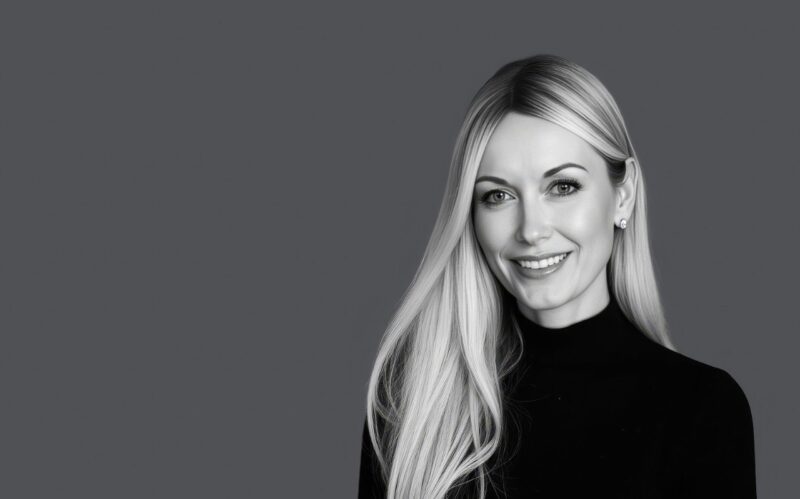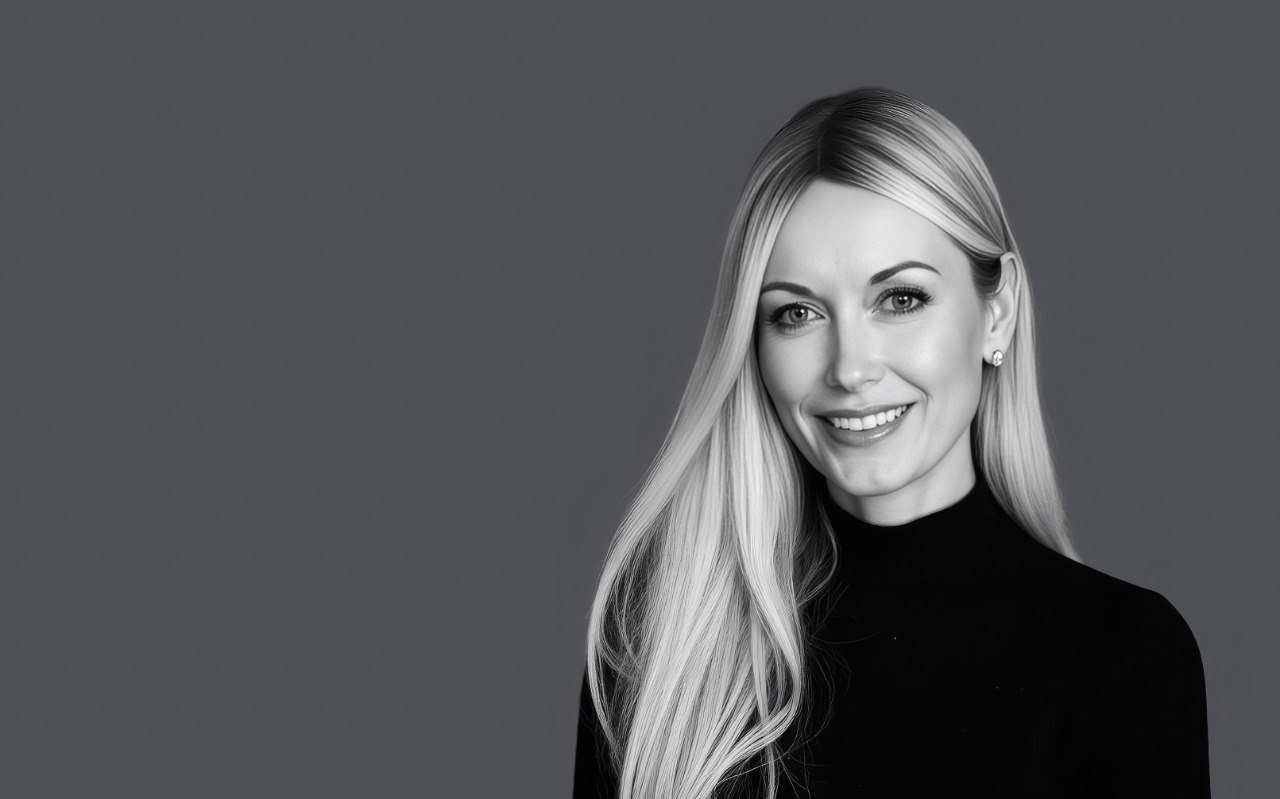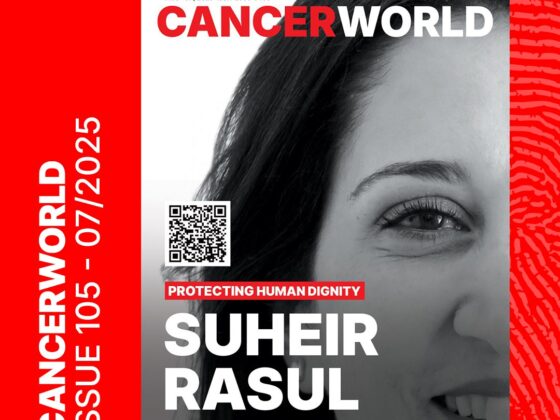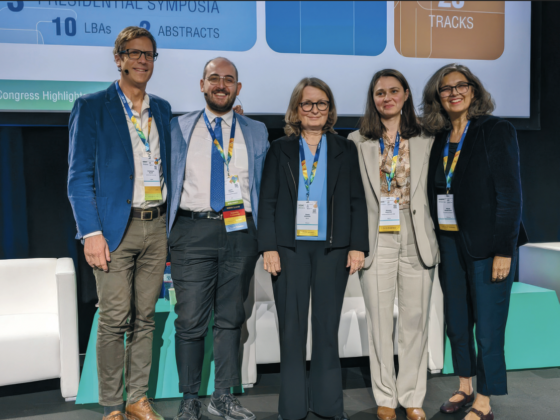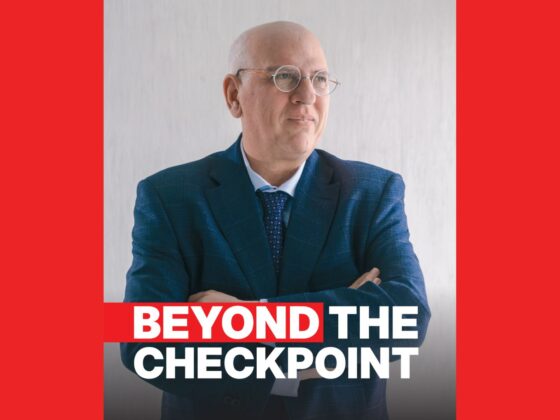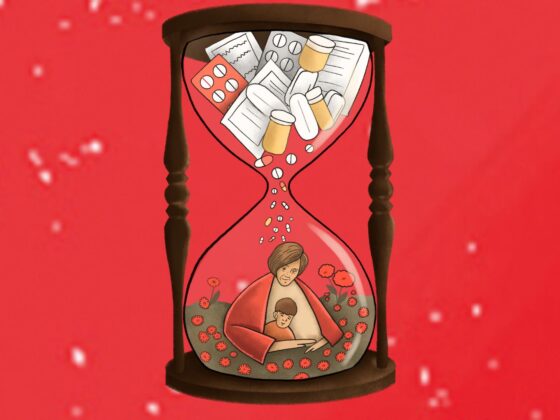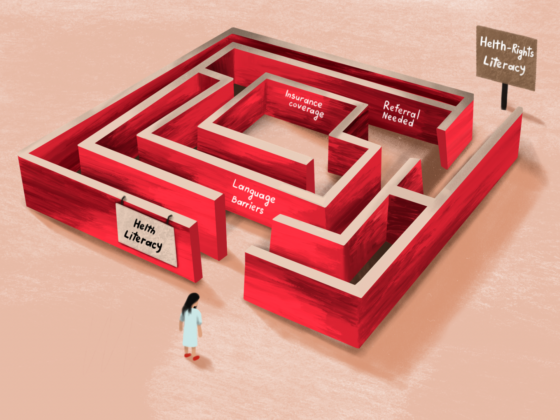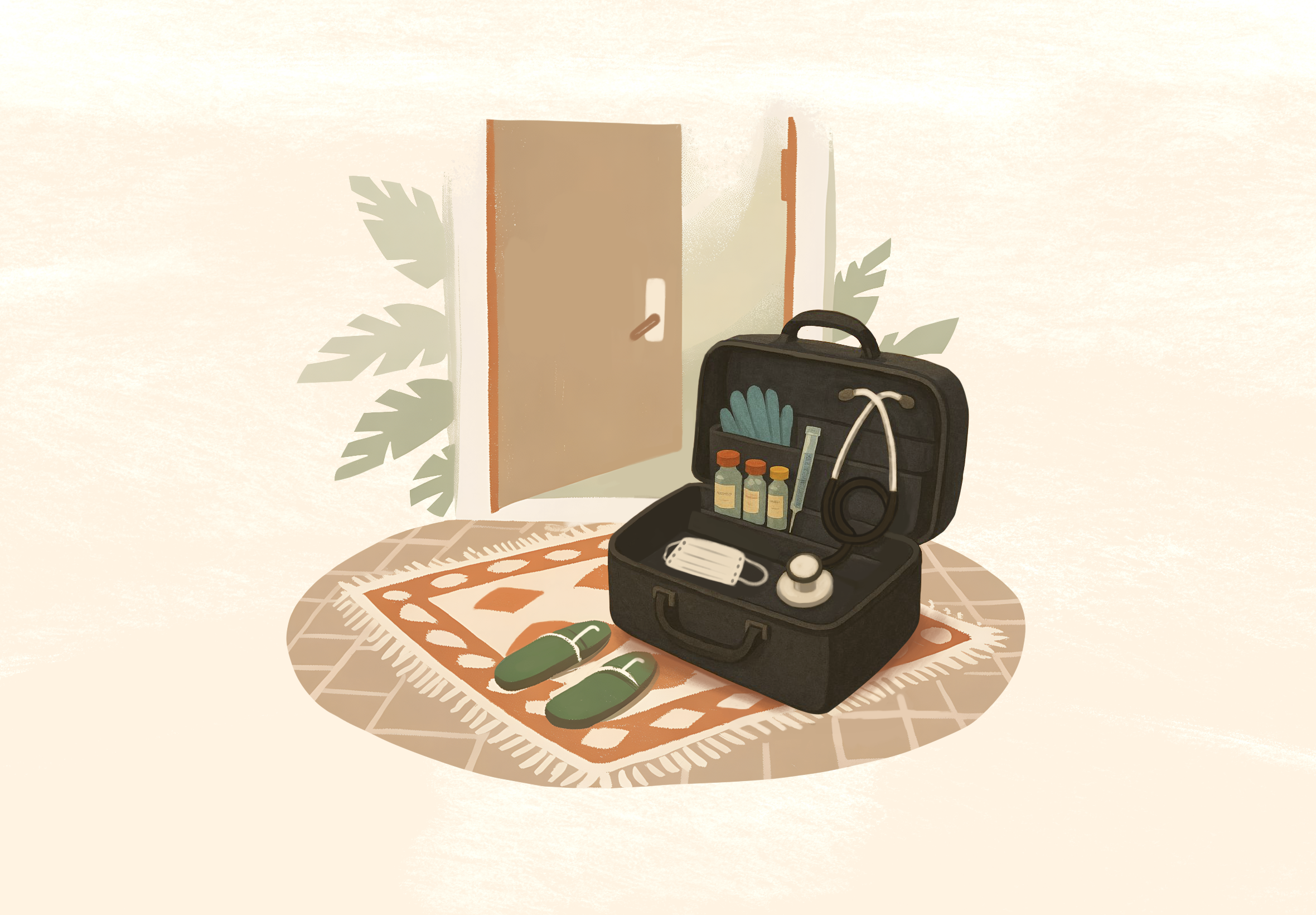When Catharine Young talks about inequity, she isn’t referring to it in abstract terms. She grew up in South Africa at the end of apartheid, when systemic injustice was not just visible, it was part of daily life. That early exposure to imbalance and transformation would go on to define her career: one rooted in science, but driven by policy. One committed to making breakthroughs reach those who need them most.
“It all began with me growing up in South Africa, where I was born and raised, during a time of incredible transformation,” she recalls. “I witnessed a system that was completely inequitable…”
That understanding—that big problems require united, systemic solutions—has guided Catharine through every stage of her career. From earning a PhD in biomedical sciences with a focus on neuroscience, to transitioning into policy leadership roles, she has consistently moved toward greater
impact.
“I quickly realized that scientific breakthroughs, while amazing, are not enough. They have to reach people who need them the most.”
Her shift from academia into policy was more than a career pivot—it was a values-driven decision. For the past decade, she’s been applying her scientific training to some of the world’s biggest health challenges, culminating in her most high-profile role yet: Assistant Director for Policy and International Engagement for the Biden Cancer Moonshot.
Inside the Cancer Moonshot
“It was one of the greatest privileges of my life to be able to serve in that role,” she says.
She worked at the White House Office of Science and Technology Policy, helping to implement the ambitious vision set by President Biden and First Lady Dr. Jill Biden. The initiative’s core objectives were twofold: reduce the U.S. cancer death rate by 50% in 25 years and improve the experience of people living with and surviving cancer.
“My role evolved over my time at the White House to think about how we take the mission and the vision of the cancer moonshot globally.”
For Catharine, global equity was non-negotiable. While the U.S. faces its cancer burden, most cancer deaths occur in low- and middle-income countries, where access to diagnostics, treatments, and technologies remains far out of reach for many.
“We saw so many amazing things happen during that time and… the beauty of what happens when you have, even at the country levels, countries coming together to decide that something was not acceptable anymore.”
Her work led to collaborations that transcended borders, unifying governments, public health institutions, and advocates in a shared goal of reducing disparities in cancer care.
The Human Element
Though Catharine has worked with some of the most powerful leaders in the world, she remains deeply grounded in the stories of patients and scientists.
“I will say, though, that many of the greatest teachers that I’ve had and motivators are those— the patients who have turned their immense pain into advocacy.”
She adds: “I am inspired every day by the scientists who turn their incredible curiosity about the world and their motivation to really see impactful change happen around the world… and to work tirelessly for breakthroughs for people that they will never meet.”
It’s that combination of empathy and systems-level thinking that makes her a unique voice in cancer policy. She believes the greatest change comes not from lone individuals but from sustained collaboration.
“Everybody that I have had the privilege of crossing paths with in my career has underscored that change as a whole is certainly a collective effort.”
On Resilience
When asked about resilience—a theme she’s written about publicly—she doesn’t hesitate.
“I think my whole career has been a test of resilience.” Working in cancer, she notes, means grappling not just with biology, but with complex systems, fragmented infrastructures, and emotionally heavy realities. “There are so many aspects that need to be improved for cancer patients that resilience is a trait that is required to push change forward.”
A Legacy of Shared Purpose
As her time at the White House came to a close, Young was reflective, not about her achievements, but about the larger movement she had been part of.
“Truly, the legacy that we’re leaving behind belongs to President Biden and First Lady, who were the true leaders in this space… They were the ones who galvanized an entire community, an entire country, an entire world behind this one singular
mission.”
For Catharine, the legacy isn’t a single project or policy—it’s the ongoing, global fight to ensure no one is left behind in cancer care.
“It is the work that was done, and it will be the work that continues to improve the lives of patients around the world.”

